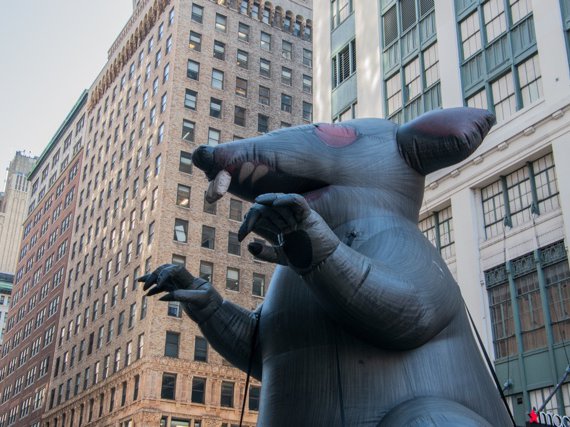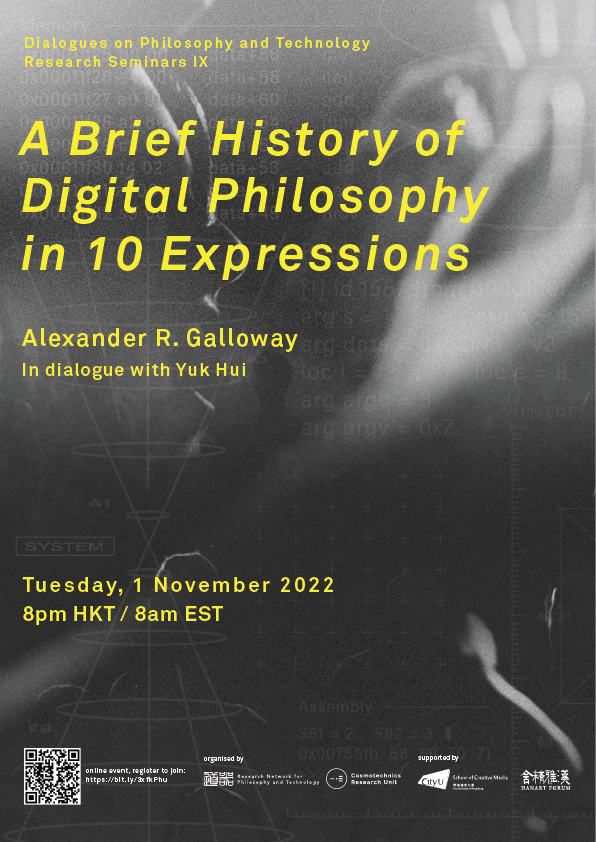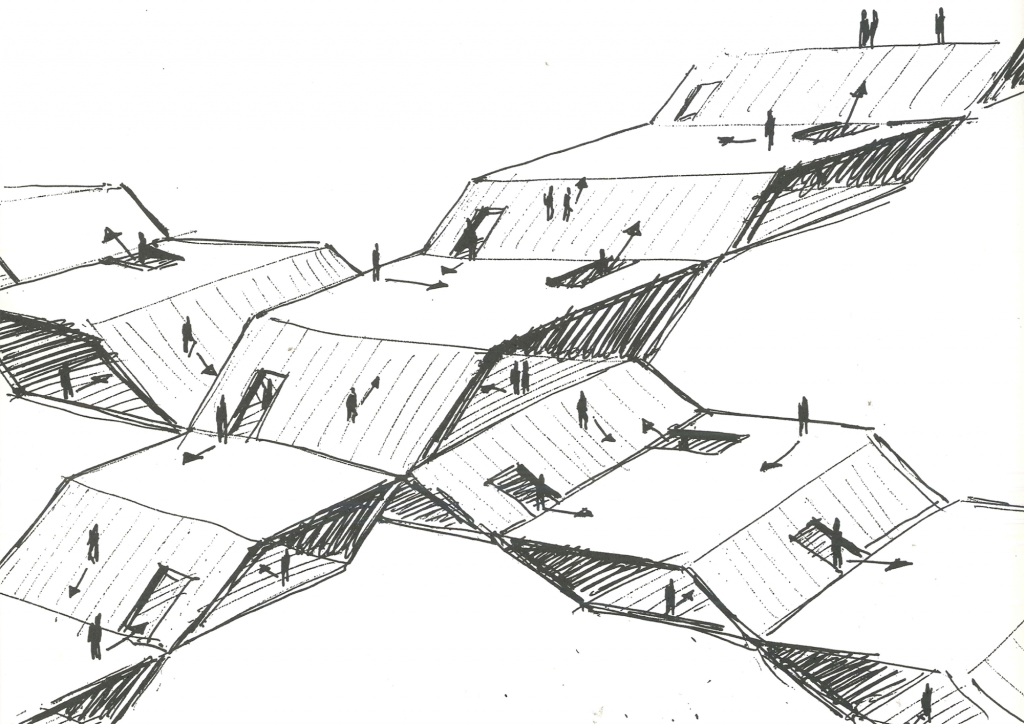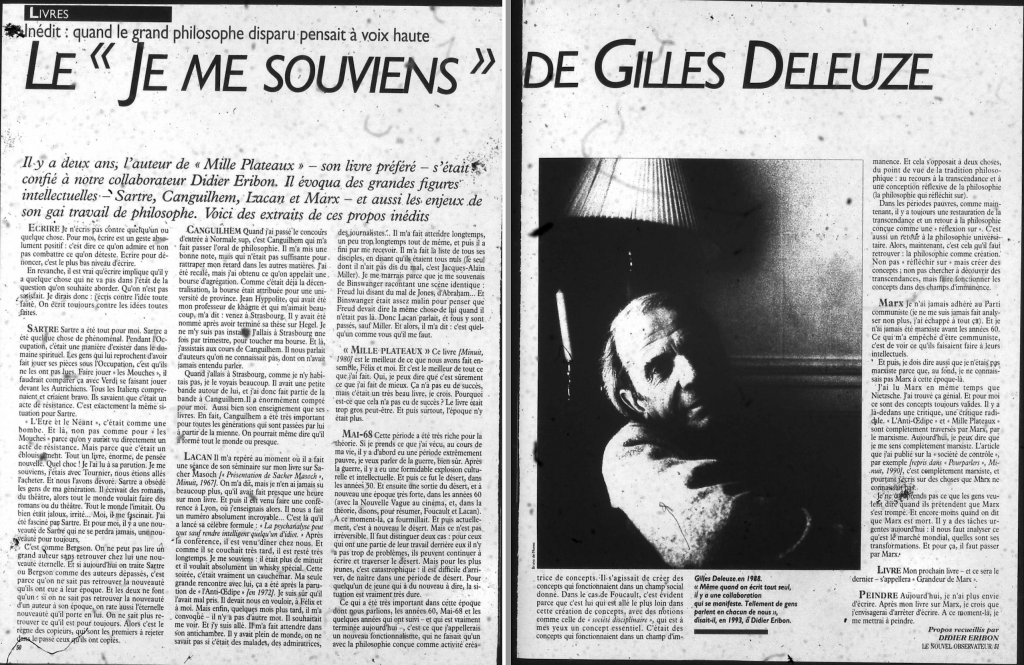A prediction... we're entering a new phase of normal science. I expect this to last a decade or more.
To understand "normal science" we return to Thomas Kuhn's influential 1962 book The Structure of Scientific Revolutions. In that text--devoted to the history of science although we might extrapolate outward to other domains as well--Kuhn differentiated between historical periods of relative equilibrium, punctuated periodically by "paradigm shifts," during which entire schools and traditions are overturned and reinvented. During the periods of "normal" equilibrium, scientists are mostly intent on probing the local, internal inconsistencies in their theories, toward the ultimate goal of grounding their work in a series of more consistent claims. Yet, at certain points, there emerge observations (or theories) that can't be subsumed within the existing paradigm of knowledge. These new claims are first judged to be inexplicable, perhaps even impossible, yet slowly gain adherents resulting in the realization of a "scientific revolution" within knowledge. It might grow gradually, then seem to break all of a sudden. Other thinkers have proffered similar lenses through which to view intellectual history and the mechanics of how history changes. The French scene around Gaston Bachelard and Louis Althusser was keen to talk about "epistemological breaks." More recently Alain Badiou has theorized conditions of consistency or stasis, which he terms "natural" or "normal," periodically punctuated by transformative "events." Continue reading




